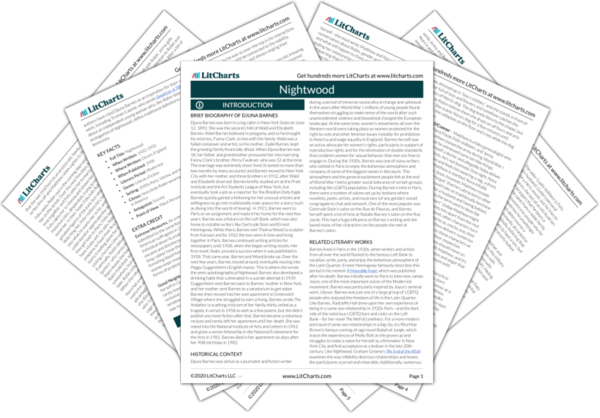Felix’s obsession with nobility motivates everything about his day-to-day life—where he goes, where he eats, and even how he treats perfect strangers. He does everything he can to seem like he belongs to the very best circles of society. His private reading, however, shows that he’s acutely aware of his own otherness. He is attracted to authors who are “alone, apart, and single,” meaning they, too, are others. To “rehabilitat[e]” a Jew means to convert them to Christianity, which means that as a Jew Felix learns more about his real history by spending so much of his time around Christians.


